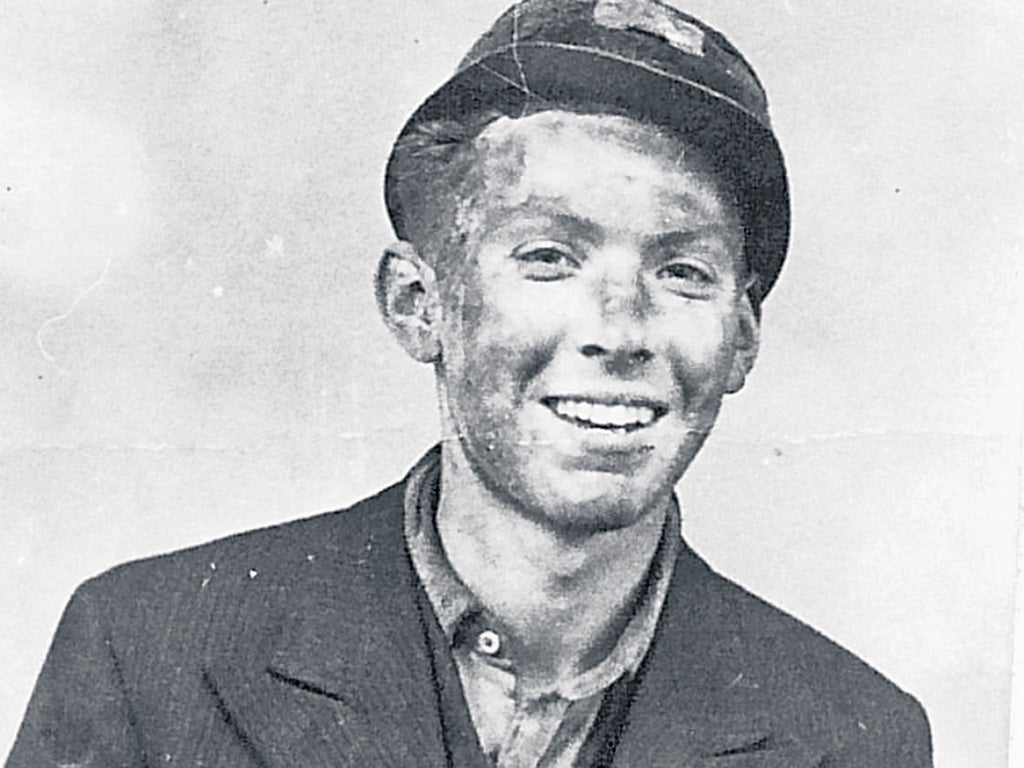
My uncle David Day, who has died aged 85, was conscripted into the coal mines during the Second World War and afterwards wrote a book about his experiences, The Bevin Boy (1975). He was working as a trainee reporter for a newspaper in the Vale of Evesham, where he was born and grew up, when conscription loomed in 1944. He underwent a medical and was interviewed by a recruiting officer, who enrolled him in the Army. But shortly before his 18th birthday he was informed that his number had been drawn out of a hat at the Ministry of Labour and that he would have to go into the mines rather than the Forces.
As with 20,000 other youths similarly selected, he was known as a "Bevin Boy" after the Minister of Labour, Ernest Bevin, who introduced conscription into the mines in 1943. He was posted to Littleton Colliery in the Cannock Chase coalfield in Staffordshire, and worked underground for three years and three months, latterly as a tadgerman drilling shotholes in the coalface (a "tadger" is the large electric drill used).
In an Independent article in 1993, David described the relationship between the Boys and the miners as "prickly ... There seemed to be a barrier between us that only melted at the pub or club on a Saturday night."
After being demobbed in December 1947 he returned to the Evesham Journal, who appointed him district reporter in charge of the North Cotswolds, covering such places as Bourton-on-the-Water, Stow-on-the-Wold, Moreton-in-Marsh and Chipping Camden. After three years down a coal mine he said it was like being directed into paradise, and he remained in the job for the next 36 years, writing two books about his experiences, All Over The Wold (1998) and The Duck Pond Affair Etc (2005).
In December 1993 he and 10 other surviving Bevin Boys were invited to Littleton Colliery to mark the 50th anniversary of the scheme. Everything had changed but he still managed to find his old locker in the pithead baths. The reunion was so successful that the colliery decided to make it an annual event, but only a month later it was announced that Littleton was to be closed; Cannock, which once had 16 collieries, now had none. In a foreword to The Bevin Boy, republished in paperback to coincide with the 50th anniversary, he wrote: "In describing my personal experiences as a Bevin Boy I seem inadvertently to have also recorded an underground life that has now gone forever."
David, who died on 25 November 2011, was unmarried.
Join our commenting forum
Join thought-provoking conversations, follow other Independent readers and see their replies
Comments